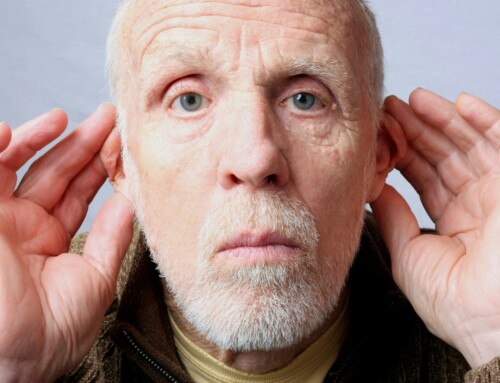The campaign to educate smokers about the risks of their habit is decades old, and by now, everyone knows that smoking is detrimental to their health. While many have successfully quit smoking, it is estimated that 10% of senior citizens still light up daily. But here’s a more interesting statistic – 70% of those smokers still want to quit. This article offers tips for older adults to finally stop smoking once and for all.
Let’s Face It – Smoking Ruins Your Health
Though everyone knows smoking is detrimental, the significant impact on all aspects of your health is overwhelming. In fact, the pandemic saw us masking and vaccinating most of the population globally – yet smoking killed more people in 2020 than COVID-19. Smoking is the leading cause of preventable death in this country, causing 20% of annual deaths. Smoking results in disease in virtually every organ of the body, and smokers die as much as a decade earlier than their nonsmoking friends. Worse yet, they often live with severe smoking-related illnesses for many years as well.
Some senior citizens might think it is not worth the struggle to give up smoking at this point in their lives. However, giving up the cigarettes will positively impact your health no matter how old you are – or how long you’ve been smoking. When you stop smoking, smell and taste and taste will quickly improve. Because blood circulation increases rapidly once smoking stops, your chances of suffering a heart attack or stroke begin to decrease as soon as you stop. In other words, you can reap the benefits of a smoke-free life regardless of age.
Tips to Stop Smoking
Nicotine is addictive – and makes quitting an uncomfortable process, as withdrawal symptoms such as cravings, fatigue, irritation, and headaches can be challenging. Some seniors may even deal with depression or insomnia while experiencing nicotine withdrawal. These side effects can dissuade even those committed to quitting. Here are some ways to improve your chances of succeeding in your quest to quit.
Strategize the Process: The first way to stop smoking is to develop a plan. Speak with your physician and solicit advice based on your specific circumstances and medical condition. Deciding on a time frame is an excellent way to guarantee that your quitting goals are specific and measurable. Ask about how potential withdrawal symptoms might affect you, and proactively create a plan to address them – before they arrive.
Tell Your Loved Ones: When anyone is planning a significant life change, accountability can be an invaluable part of the process. Telling friends and family about your plans help with follow-through, as you know people are rooting for you, and you’ll have to admit if you are struggling. Even staying in touch with your doctor can give you the needed accountability to keep you on track. You can also get accountability from a local support group.
Prepare for Withdrawl Discomfort: It is a given that you will experience uncomfortable symptoms when you stop smoking – so be ready for it. Over-the-counter nicotine gum, patches, and lozenges can help you wean your body off its chemical addiction. Realize that the physical dependence is only part of the battle – psychologically, conquering the “need” for a cigarette is sometimes the more challenging part of the process. Consider ways to distract yourself, such as keeping hard candy in your pocket or a favorite drink nearby.
Get the Support You Need: The decision to stop smoking is a significant step towards a healthier, happier life. Older adults, regardless of age, can look forward to an improved quality of life and better health in the future. But making such a life-altering change is challenging when you are alone. Smokers are more likely to succeed in quitting if they have a support system, so enlist the help of a spouse, family member, or trusted friend to help work towards better health.
Quitting is difficult, but life on the other side of addiction is healthier! Take proactive steps and get the help you need, and you’ll soon be an ex-smoker.
A Banyan Residence provides quality senior care at our assisted living and memory care center in The Villages.







